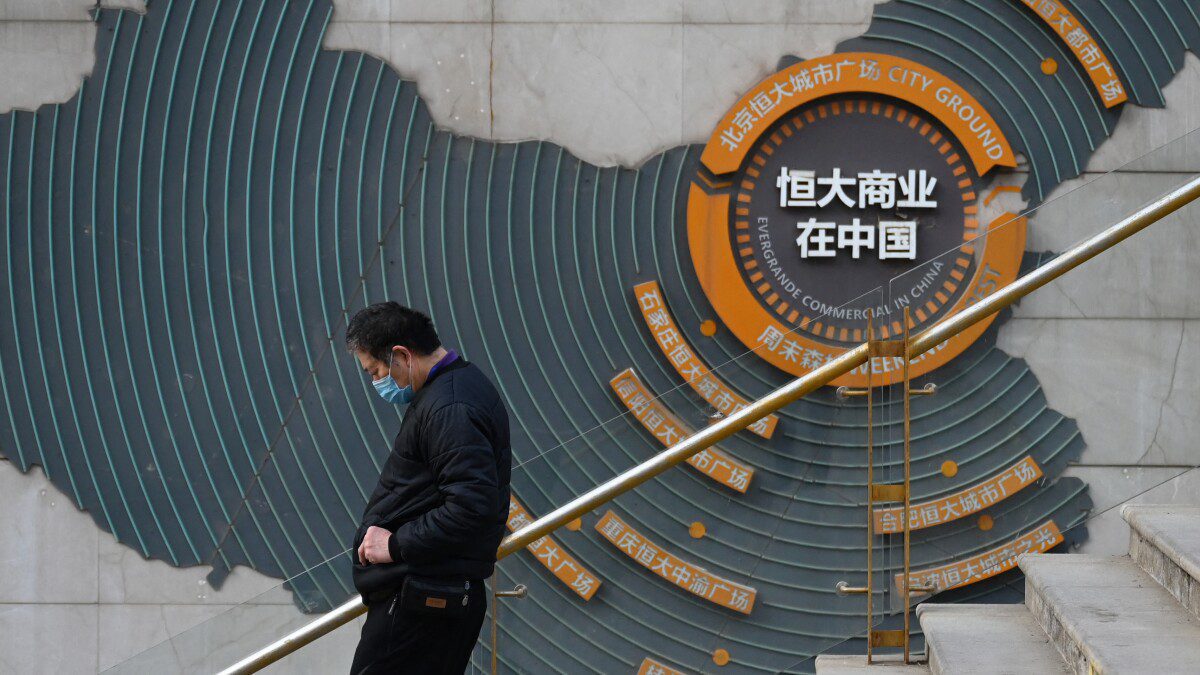A Hong Kong court has ordered the liquidation of Evergrande Group, a major Chinese real estate developer heavily burdened with debt, after the company failed to restructure its $300 billion liability to investors. This ruling marks a dramatic turn for Evergrande, which was once the world’s most valuable real estate company and a symbol of China’s booming property sector.
Just six years ago, Evergrande was at the height of its success, pre-selling apartments to affluent Chinese buyers. By 2018, it held the title of the most valuable real estate firm globally. However, the company’s fortunes plummeted rapidly, and within three years, it was struggling under the weight of its massive debts. Overleveraged and unable to complete many of its ongoing projects, Evergrande has come to epitomize the broader challenges facing the Chinese economy, including slowing growth, rising debt levels, and a diminishing workforce.
The company had been attempting to secure a $23 billion debt restructuring plan, but these efforts faltered last year following the investigation of its billionaire CEO, Hui Ka Yan, also known as Xu Jiayin. Once one of Asia’s wealthiest individuals, Hui faced scrutiny for unspecified criminal activities, complicating the company’s financial recovery efforts.
China’s economy invests approximately 20% to 30% of its gross domestic product (GDP) into property and infrastructure sectors annually. While the collapse of Evergrande is not expected to have an immediate effect on U.S. consumers, it underscores a significant slowdown in China’s economy—an economy that constitutes about 20% of global GDP. This slowdown could potentially lead to a deceleration in global economic growth.
The situation with Evergrande has drawn comparisons to the 2008 collapse of Lehman Brothers, which played a crucial role in triggering the Great Recession. Lehman Brothers, a major financial institution, filed for bankruptcy with $613 billion in debt, precipitating a severe banking crisis that exacerbated the U.S. recession. While Evergrande’s downfall is significant, it is not anticipated to have the same immediate global impact as Lehman’s collapse did. Nonetheless, it highlights the profound challenges facing both the Chinese economy and the broader international financial system.
- ROSHN Launches Fourth Phase of SEDRA Project with 1,251 New Homes in Riyadh
- Muddad Platform and Saudi British Bank (SABB) Partner for Comprehensive Wage Protection Program
- Developer New Murabba Development Company Invites Global Firms for Mukaab Project Phase
- Experience Modern Green Living at MIDORA Residences: Dubai’s Premier Urban Oasis




